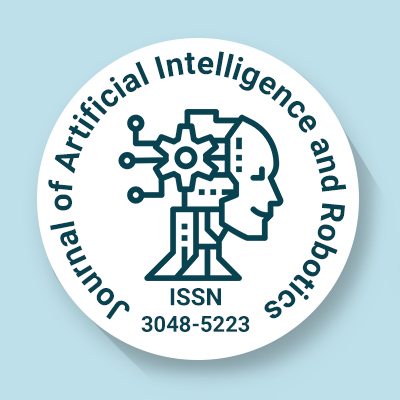
Journal of Artificial Intelligence and Robotics
OPEN ACCESS

OPEN ACCESS
.jpg)
Department of General Surgery, Istanbul Medeniyet University, Istanbul, Turkey
The rapid advancements in nanotechnology have brought forth novel tools and techniques that are fundamentally reshaping medical diagnostics and therapeutics. Among the most significant developments is the integration of nanorobots into surgical instruments, offering the potential to dramatically enhance the precision, safety, and effectiveness of surgical interventions. Nanorobots are nanoscale devices designed to perform controlled, task-specific actions within biological environments. When coupled with modern surgical tools, these devices provide enhanced capabilities such as targeted tissue manipulation, localized drug delivery, real-time diagnostics, and micro-scale repairs at the cellular or subcellular level. Unlike conventional surgical instruments limited by human dexterity and macroscopic access, nanorobots operate on a molecular scale, enabling minimally invasive procedures in previously unreachable anatomical regions. The integration process involves embedding nanorobotic systems within traditional instruments like endoscopes, catheters, and laparoscopes, or designing standalone nanorobots that can be navigated autonomously within the human body. These devices are guided through sophisticated external systems such as magnetic fields, acoustic waves, or biochemical gradients, and are often equipped with biosensors for intraoperative monitoring and feedback. Applications of nanorobots in surgery are diverse, including oncology, cardiovascular, neurological, ophthalmic, and orthopedic procedures. They offer unique advantages such as reduced tissue trauma, precise targeting, decreased recovery times, and minimized systemic side effects, thus contributing to improved patient outcomes. As technological capabilities expand and interdisciplinary collaborations strengthen, nanorobots are poised to play an increasingly vital role in the future of surgical practice, ushering in a new era of highly personalized, efficient, and minimally invasive medical care.
Department of General Surgery, Istanbul Medeniyet University, Istanbul, Turkey